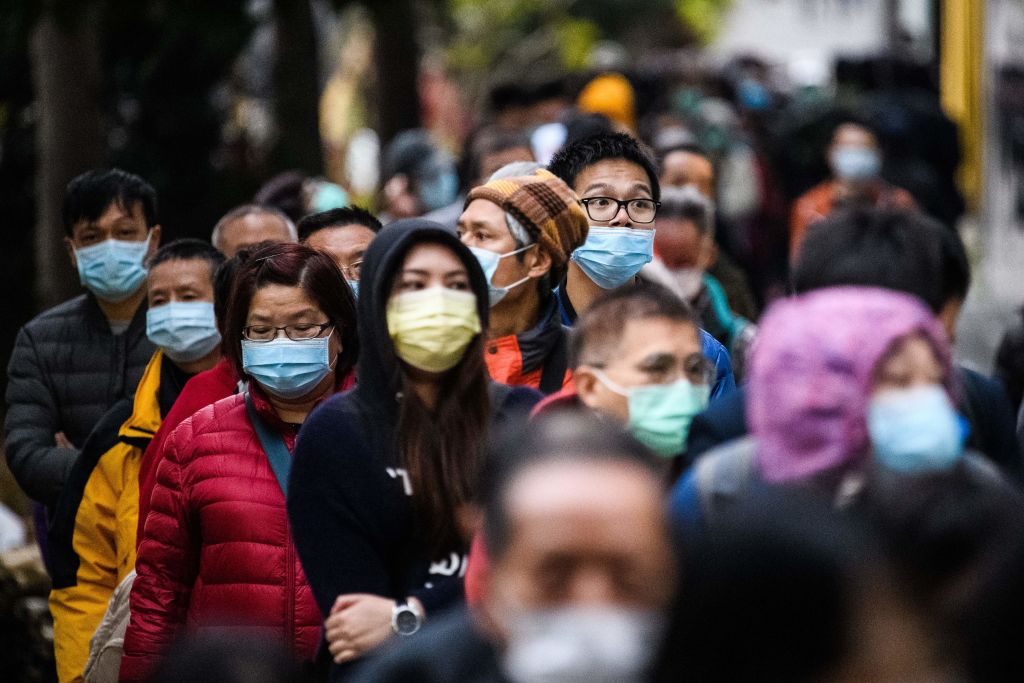Coronavirus could have been spreading in Wuhan back in August 2019, new study suggests


A free daily email with the biggest news stories of the day – and the best features from TheWeek.com
You are now subscribed
Your newsletter sign-up was successful
Could COVID-19 have actually been spreading in Wuhan all the way back in August 2019?
A new study from Harvard Medical School suggests it's possible, CNN reports. Examining satellite images of hospital parking lots in Wuhan, as well as search volume for the COVID-19 symptoms "diarrhea" and "cough" on the Chinese search engine Baidu, researchers discovered "an upward trend in hospital traffic and search volume" starting in the late summer and early fall of last year.
"Between September and October 2019, five of the six hospitals show their highest relative daily volume of the analyzed series, coinciding with elevated levels of Baidu search queries for the terms 'diarrhea' and 'cough,'" the research says, and there was a "steep increase" in volume at the hospital parking lots beginning in August.
The Week
Escape your echo chamber. Get the facts behind the news, plus analysis from multiple perspectives.

Sign up for The Week's Free Newsletters
From our morning news briefing to a weekly Good News Newsletter, get the best of The Week delivered directly to your inbox.
From our morning news briefing to a weekly Good News Newsletter, get the best of The Week delivered directly to your inbox.
The researchers said they can't draw a definitive link between the spikes they observed and the coronavirus, but John Brownstein, who led the team, told CNN this "adds to a growing body of evidence that something was happening ahead of when it was officially recognized." Brownstein also told CNN the spike in searches for diarrhea was "especially compelling," since it was "increasing at a level that we hadn't seen at all, historically," and "we now know now that gastrointestinal symptoms are a really important marker for COVID."
Additionally, the findings "corroborate the hypothesis that the virus emerged naturally in southern China and was potentially already circulating at the time of the Wuhan cluster," the researchers said. China is refuting the research, with a Chinese Foreign Ministry spokesperson calling it "incredibly ridiculous."
A free daily email with the biggest news stories of the day – and the best features from TheWeek.com
Brendan worked as a culture writer at The Week from 2018 to 2023, covering the entertainment industry, including film reviews, television recaps, awards season, the box office, major movie franchises and Hollywood gossip. He has written about film and television for outlets including Bloody Disgusting, Showbiz Cheat Sheet, Heavy and The Celebrity Cafe.
